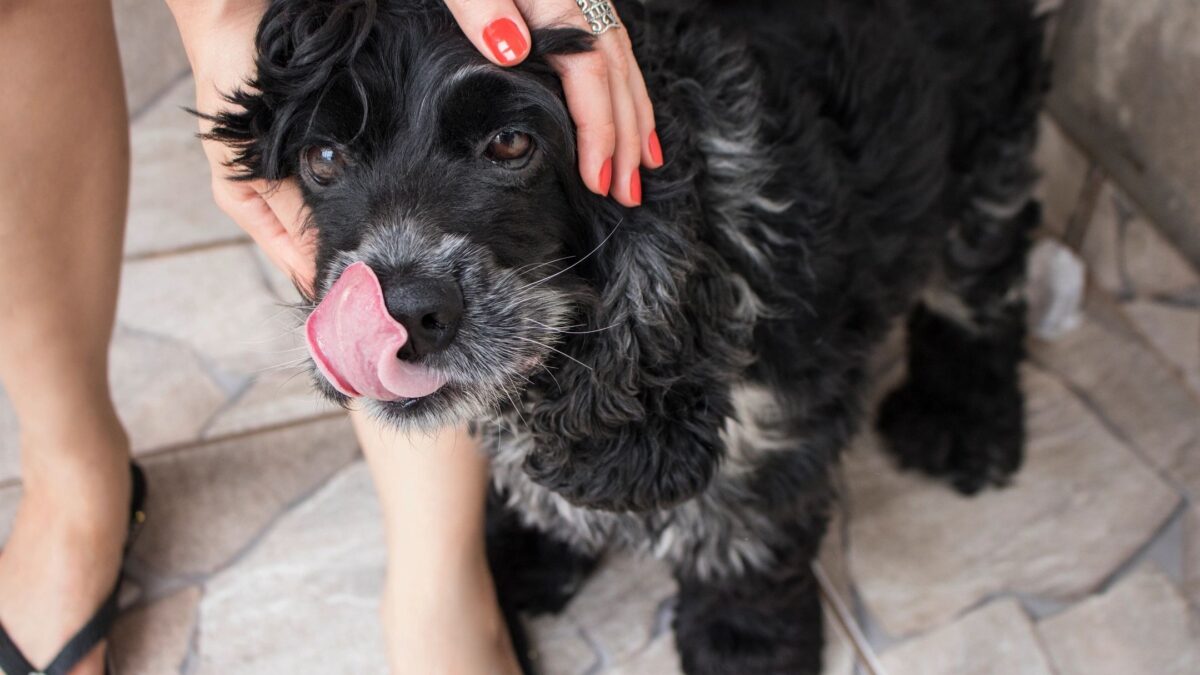When a person decides to become a dog owner, they probably do not imagine that their dog will develop a long-term health condition that impacts their quality of life. Unfortunately, this can happen, and caring for a chronically ill dog can place a lot of strain and sadness on the owner, who has to manage their condition and watch the animal they love suffer. Of course, with the right medical care, patience, and some adjustments to the family routine, it is possible for a chronically ill dog and its owners to enjoy a good quality of life.
What is a chronically ill dog?
A chronic illness is one that cannot be cured that the dog will live with for the remainder of their lives. They require additional treatment, loving care, and commitment, and the condition may impact what a dog can and cannot do. Elderly dogs often develop a chronic condition, but they can affect younger dogs too. Examples of chronic illnesses include diabetes, epilepsy, arthritis, inflammatory bowel disease, hypothyroidism, or allergies.
Managing medication
A dog with a chronic illness should be under the continued care of a vet who can monitor their health and prescribe the correct medication or treatment to make their life as enjoyable as possible. The dosage may vary throughout their life, and their condition will need continuous reviews. Visit easyvet.com for more information on their affordable care plans for chronically ill pets.
Adapting your home
Some dogs with chronic illness may have limited mobility, preventing them from standing for too long, bending to eat or drink, getting up off the ground, climbing stairs, or jumping onto a sofa. It is important to make their life as easy as possible by installing dog ramps, removing slippery flooring, and raising their food and water bowls to a more comfortable level. You might also place water bowls in several rooms so they can hydrate more easily. Give them a calm and peaceful place to relax away from the busy parts of the house so they can recuperate when they need to.

Nutrition
Nutrition is important for all dogs, but it becomes even more important when the dog is chronically ill. In addition to having easy access to fresh water, you should choose a high-quality food that is full of nutrients. Some dogs may find it difficult to eat and drink when they are feeling unwell. If they do not seem interested in eating, take the food away again and try something else later. Plain-cooked chicken, scrambled eggs, or other types of human food can tempt some reluctant dogs into eating. Remember that some medication should not be administered on an empty stomach, so if your dog is not eating, you should speak to your vet about other options.
Keep them clean
Dogs may not be physically able to groom themselves, or they may be too drained of energy to do a thorough job. You can help them out with an occasional shower or bath, or even just a warm damp cloth around their eyes, mouth, and ears can make them feel better. If your dog has accidents because they cannot get themselves outside, clean them regularly, change their bedding, and consider using puppy training pads to minimize any mess.
















